David Yelland, Charles Moore and Caroline Dinenage among those reacting to the shock departures of Tim Davie and Deborah Turness
A host of senior media figures have waded in on the controversy surrounding the BBC that led to Tim Davie resigning as director general and Deborah Turness as chief exec of BBC News.
David Yelland, former editor of The Sun, told the Today programme on BBC Radio 4 that the resignations, which follow a bombshell dossier from former external advisor to the BBC Michael Prescott, were part of a “coup” from members of the BBC board.
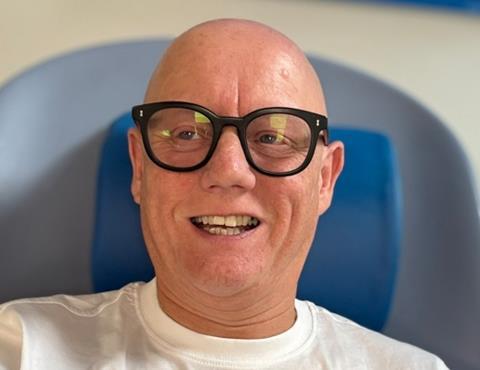
“It was a coup and, worse than that, it was an inside job. There were people inside the BBC - very close to the board, on the board - who have systematically undermined Tim Davie and his senior team. This has been going on for a long time. What happened yesterday didn’t happen in isolation,” he told Nick Robinson.
Referencing his 20 years working in newspapers, Yelland claimed: “I know Michael Prescott, I know all these people extremely well and I know how they think and what they’ve been trying to do for a long time.
“I myself at The Sun wrote leaders saying the BBC should be closed down… [but] when I came into the chair of editing The Sun, every person I met at the BBC was impressive.
“I began to compare my own organisation to the BBC and I will say to listeners, believe you me there is a reason that the BBC is the most trusted news organisation in the world and newspapers are not.
“Look at who is celebrating this morning, including the president of the United States. This is not a good day and I do think there was a failure of governance.”
‘Not taking impartiality seriously’
Charles Moore, chair of The Spectator and former editor of The Daily Telegraph – which published details of Prescott’s dossier last week, told Robinson that the scandal was “good” for the BBC, as it allows it to “respect the idea of diversity of opinion and impartiality in their coverage”.
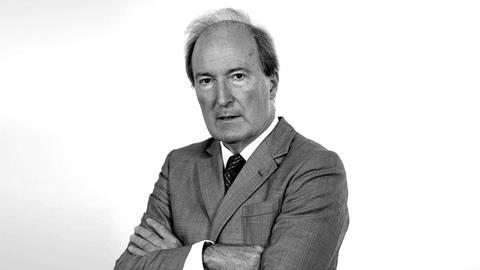
He continued: “[The way it covers news is] always from a metropolitan left position, absolutely, consistently, that’s how the bias is. That means it’s not serving a very large percentage of the licence fee payers. I’m not of course saying it should be right wing either, I’m saying it should take impartiality seriously and put in people capable of running this gigantic and self-satisfied bureaucracy.”
Mark Damazer, former controller of BBC Radio 4, disagreed with Moore on the BBC’s impartiality. He said he was “sad” that Davie resigned, describing him as an “outstanding” director general.
“It’s a shame it has happened. I welcome the debate about the BBC’s impartiality and its journalism but I don’t agree with Charles Moore, estimable though he is, that the BBC is systemically biased and that it is basted in a culture which means that its journalism can’t be trusted. I think that’s absolutely wrong,” he stated.
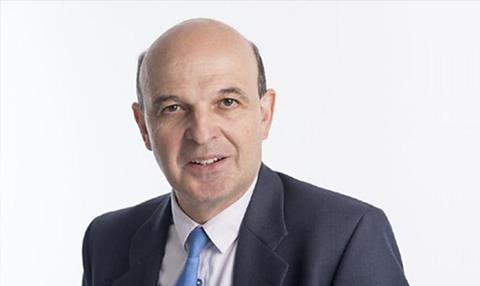
“The overwhelming majority [of journalism] is excellent and it doesn’t happen by accident. The BBC employs extremely good journalists, it has a deep and wide culture in which impartiality is [at the] centre… It has its imperfections, of course – and we can get into that – but I am here to say that the BBC is an outstanding and excellent exponent of impartial journalism and it needs to be defended.”
Damazer questioned the make-up of the BBC board of directors and suggested that one reform that could be taken from the current situation is greater transparency of who is appointed to the board.
“I think that those members of the board ought each and every one of them to come up in front of parliamentary scrutiny and be made to sing for their supper before they are appointed because we know too little about them. I don’t think they are properly interrogated before they take these posts,” he explained.
‘Getting a grip’
Caroline Dinenage, chair of the culture, media and sport select committee, noted on Today that Davie was “very slow to act” on Prescott’s dossier, but refuted the suggestion that there may have been a coup from within the BBC board itself. She insisted this was “not of the board’s making”.
“The BBC is doing a really good job of trying to obfuscate what the issue is. Davie didn’t stand down because the board asked him to, he stood down because of an editorial failure,” she said, pointing to recent scandals including Bob Vylan at Glastonbury, misconduct by Gregg Wallace on MasterChef, and editorial failings in the doc Gaza: How To Survive a War Zone.
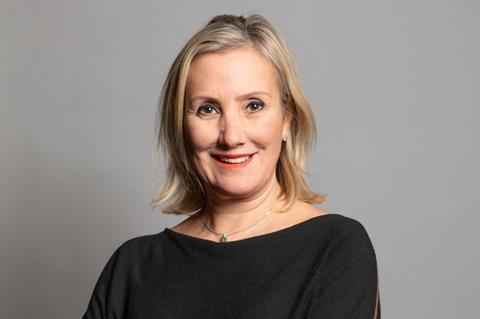
“There seems to be a muscle memory at the BBC as to how to badly respond to any kind of editorial crisis or scandal…the BBC seems to have dropped the ball at every opportunity. That is not a board-level problem, that is an institutional problem. And replacing Tim Davie isn’t going to sort that out. The BBC needs to grip it right from the top to the bottom.”
Craig Oliver, former controller of English news output for BBC Global News and director of politics and communications under David Cameron’s government, agreed that the BBC’s governance, and particularly chair Shamir Shah, “allowed the situation to get out of hand” by reacting too slowly to the dossier.
He said the chair’s job is to step in at moments of crisis and handle the situation with a surety, whether that be firing people or admitting to mistakes and apologising.
“It is clear that he has not done that properly because we have got to a situation where we still don’t know what the BBC’s explanation of it is, even after the resignations,” he said.
RELATED
Kate Phillips urges social media caution amid BBC fall-out
Leader: Trump troubles tipped Tim Davie over the edge
Samir Shah response over editorial failings imminent
Were Tim Davie and Deborah Turness right to resign? Broadcast asks the industry
“The issue here is when it makes mistakes – and it will make mistakes – does the person who is responsible for ultimately protecting the BBC step in and do something? The problem [Shah] now has is a question of viability of the BBC.
“Previously in the run up to the charter being renewed it was all about the structure of the BBC funding. It is now a political football where the very viability of the BBC is in question and he has questions to answer about that.
“The BBC has always been contentions and there have been crisis moments where it has fallen out with governments and politicians. It is now politically in play. It is an issue not just in the run-up to the charter, but also the next general election. Politicians will be actively campaigning on the structure of the BBC, what it is and isn’t allowed to do, and how it should behave. Previously there had been a consensus that has now broken down.”
He added: “I do think that there are political parties now who would like to get the BBC in hand and neuter it.”












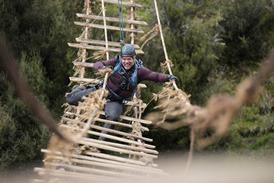










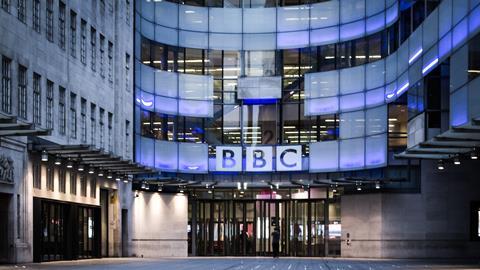






1 Readers' comment